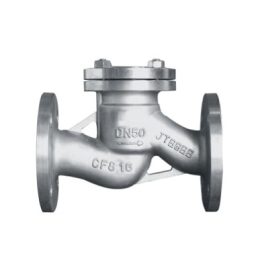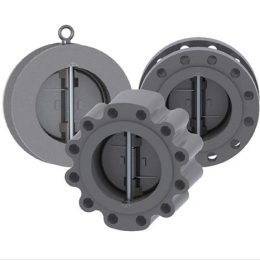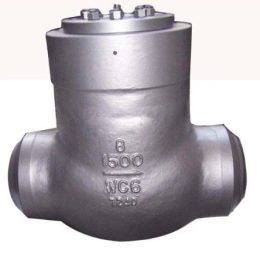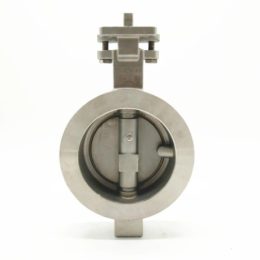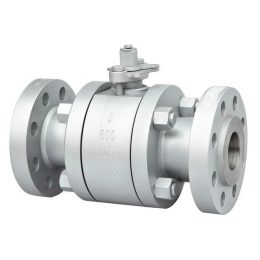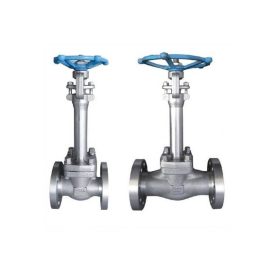Socket Welding Check Valves: A Comprehensive Guide
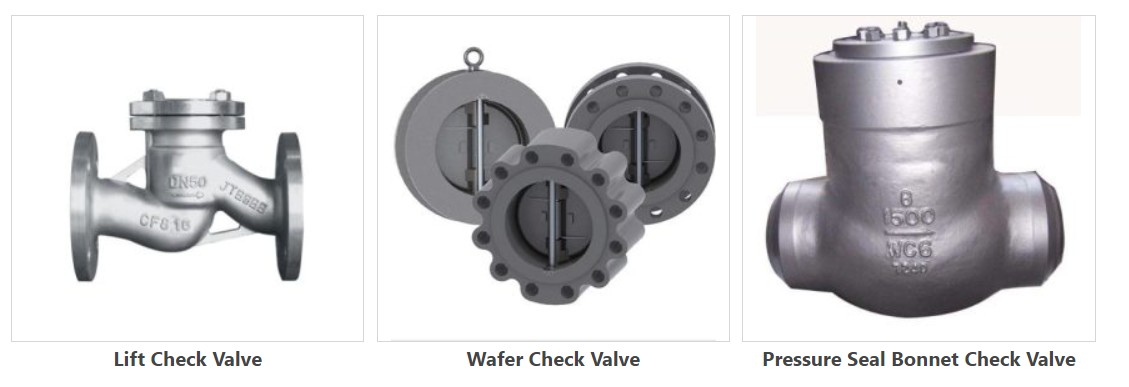
Socket welding check valves play a critical role in various industrial settings, including power generation and commercial construction. They are designed to prevent backflow and ensure the integrity of high-pressure systems. However, with the numerous socket weld fittings available in the market, it can be challenging to choose the right valve. In this guide, we will provide you with all the information you need to make an informed decision.
Types of Socket Weld Fittings by Class, Size, and Wall Thickness
Socket weld fittings are available in different styles, sizes, and materials to meet various applications’ requirements. They include recessed sockets and fillet-style welds around the outer diameter. When selecting socket weld fittings, it is crucial to consider factors such as class, size, and wall thickness to ensure optimal performance.
Streamlined Design
Socket welding check valves feature a streamlined design that originated in the 1930s and 1940s. This design trend emphasizes clean silhouettes, sculptural casings, and industrial materials’ gleaming finish. The streamlined design enhances the valves’ appearance and functionality, making them ideal for various industrial applications.
High-Pressure Rating
Socket welding check valves are specifically designed for high-pressure systems that require leakproof integrity. They prevent backflow and prohibit fluid from returning to the system. Compared to other valve types, socket welding check valves have superior capacity to handle high pressures and require minimal setup and upkeep for optimal performance.
Patented Plunger Feature
Socket welding check valves feature a patented plunger design that uses an angled self-aligning disk fully encased in Teflon for optimal seal. This feature makes it the first and only valve with a top entry design that allows easy access to inspect the valve without special tools. Furthermore, its slurry-protected compression spring has been independently tested to meet some of the toughest demands, boasting high CV, cracking pressure, and pressure/temperature ratings that rival even those of leading competitors.
Low Operating Torque
Socket welding check valves are lightweight, durable, and easy to operate, making them ideal for general chemical and industrial applications. They possess low operating torque, which refers to the force needed to seat or unseat a valve in a pressure vessel at its rated temperature and pressure. Torque is essential in the piping industry as it allows you to control how fluid flows through a valve and can help prevent backflow.
Easy Maintenance
Socket welding check valves are easy to operate and maintain, providing cheap yet long-lasting solutions that get the job done. Maintenance online is simple, requiring the removal of the threaded cap to inspect the seal and replace it if necessary. Lubricating internal components helps guarantee optimal performance and extend their lifespan.
FLUID Valve: Your Go-To Valve Manufacturer
FLUID Valve is a renowned valve manufacturer and one of the largest producers of industrial valve products. We offer six ranges and thousands of varieties, such as control valves, cryogenic valves, gate valves, globe valves, ball valves, check valves, butterfly valves, power station valves, oxygen hydraulic control valves, and thread valve antibiotic valves. Our commitment to quality and customer satisfaction has earned us a reputation as a trusted and reliable supplier of valve products. Contact us today for all your valve needs
